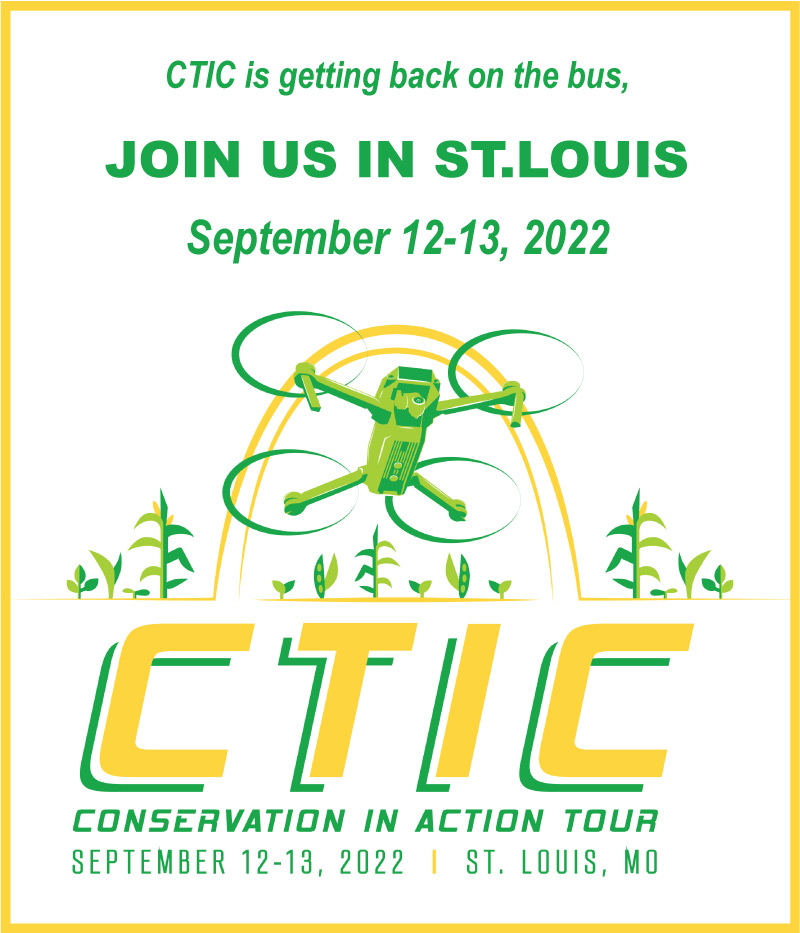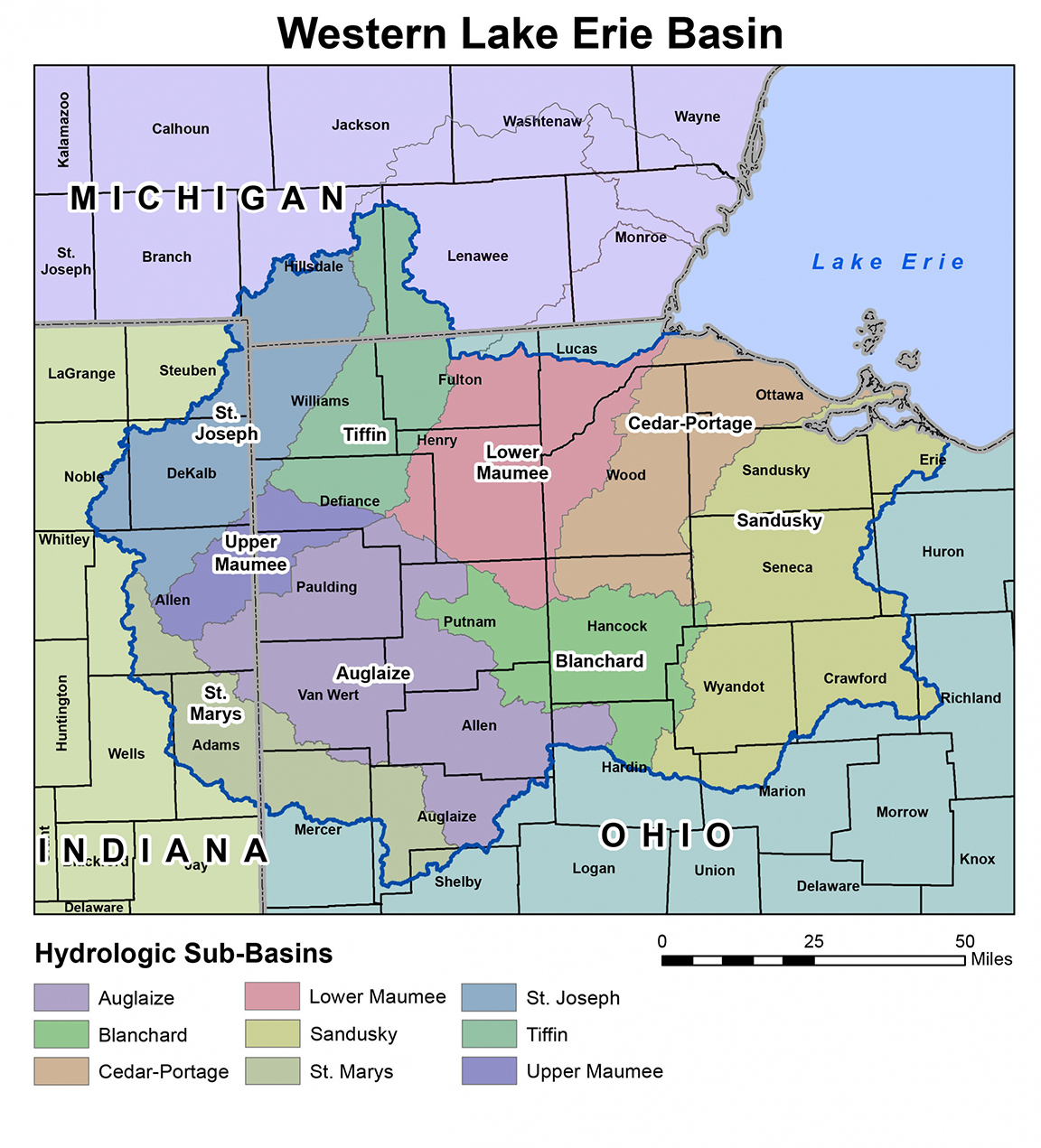Tags
Relevant Tags
- Conservation in Action NEWS (1)
- Cover Crops (1)
- Current Projects Navigation (5)
- Projects (1)
- Publication (1)
- Yield (1)
- economic benefits (1)
- economic profitability (1)
All Tags
- Ag Consultant Training (2)
- Best Management Practices (BMPs) (1)
- Blank Template (5)
- CCA (1)
- CIA Tour 2019 Announcement Template 070319 (2)
- CIA Tour 2019 Template (17)
- CIA Tour (1)
- CIA Tours (3)
- CIA2022 (2)
- CIA2023 (1)
- CTIC Demo (1)
- CTIC Projects (6)
- CTIC Staff (1)
- Carbon (1)
- Conservation in Action NEWS (36)
- Conservation in Action Tour 2017 Abstract Author (4)
- Conservation in Action Tour 2017 Abstract CA (2)
- Conservation in Action Tour 2017 Abstract Reviewer (1)
- Conservation in Action Tour 2017 Abstract Submitter (1)
- Conservation in Action Tour 2017 Moderator (2)
- Conservation in Action Tour 2017 Registrant (1)
- Conservation (1)
- Conventional Agriculture (1)
- Cover Crop Report Announcement (2)
- Cover Crop Survey (1)
- Cover Crops (10)
- Current Projects Navigation (5)
- Data_Cropland (2)
- Data_Grassland (2)
- Demo_copy (1)
- ED Announcement (9)
- Email Blast (1)
- Environment (1)
- Environmental Management (5)
- Home Resource (4)
- Hypoxia (1)
- In the news (9)
- Indian Creek Watershed Project (6)
- Manure Management (4)
- Membership Drive 2018 (1)
- NARS National 2019 (1)
- NARS (6)
- News from CTIC (17)
- Nitrogen (1)
- No-Till (2)
- Nutrients (1)
- OpTIS Webinar Announcement (2)
- OpTIS (1)
- Organizations (3)
- PLUS-UP Newsletter (54)
- PLUSUP (6)
- Partners - NEW (11)
- Partners Magazine Article (2)
- Partners (1)
- Planner (6)
- Presentation (6)
- Press Release (8)
- Projects (10)
- Publication (3)
- Reminder 2022 (1)
- Research (1)
- Rivers, Streams (1)
- Software (2)
- Soil Management (2)
- Tillage (1)
- Tour 2021 - Video (2)
- Tour1 (1)
- Video (1)
- Watershed (1)
- Wetlands (1)
- Yield (3)
- agro-ecosystem (1)
- economic benefits (4)
- economic profitability (4)
- newsletter_cover_crops (1)
- newsletter_news_releases (1)
- on-farm research (1)
Filtered by : Current Projects Navigation
| Results5 articles found. |
|---|
ConnectorConservation Starts Here! CTIC Conservation Connector Helps Producers Discover Local Programs and Technical Assistance All In One Place We're working to bring clarity and accessibility to conservation programs by creating a one-stop shop for farmers, ranchers and advisers. The CTIC Conservation Connector, now in development, is bringing conservation programs and local technical assistance to producers on a single platform. Conservation Starts Here There's nothing else like it. The Conservation Connector directory allows users to search programs by crop, conservation practice, and geography, allowing producers to find local programs that fit their operation, and more ... |
Cover Crop SurveyCover crop Survey Click here to read the insight from nearly 1,200 commodity and horticultural crop farmers from across the country on why they do—or don't—use cover crops. Among the highlights of this year's survey results include data on the performance of cover crops during the extremely wet 2019 planting season, including effects on planting date and prevent plant claims, as well as data on the crop insurance programs favored by cover crop users. The sixth survey from CTIC, USDA's Sustainable Agriculture Research and Education (SARE) program and the American Seed Trade Association (ASTA), ... |
Diverse Corn BeltDiverse Corn Belt The Diverse Corn Belt (DCB) is a multidisciplinary project exploring alternative crops, longer rotations, and integrating livestock and perennials that could help increase resilience in Midwest agriculture - is seeking farmer input through focus groups and in-field research. The project's 30 partners are exploring diversification at the farm, market, and landscape level that can broaden new opportunities for Midwest farmers and rural communities, says Dr. Linda S. Prokopy of Purdue University, who leads the five-year, $10 million project The study focuses on Indiana, Illinois, and Iowa. The team will conduct research, extension, and modeling in all ... |
National Aquatic Resource Surveys (NARS)The History of NARS The National Aquatic Resource Surveys (NARS) program is an EPA and State/Tribal effort to survey the condition of the nation’s waters. Initiated in 2005, these statistically-based surveys have begun to provide EPA, States, Tribes and others partners with information to provide nationally consistent reports on the condition of the nation’s waters, to identify national and regional water quality priorities and to evaluate the effectiveness of the nation’s investment in water quality protection and restoration. These assessments report on core indicators of aquatic life and public health using standardized field and ... |
PLUS-UPPhosphorus Load-Reduction Stimulus Program: PLUS-UP Background The Conservation Technology Information Center (CTIC) is leading a new effort to pilot a phosphorus load reduction market in the Western Lake Erie Basin (Maumee, Sandusky, and Cedar-Portage watersheds, see map). Growers within the indicated watersheds are now being sought to participate in this pilot market. The “Phosphorus Load-Reduction Stimulation Program” (PLUS-UP) payments now being offered to growers are intended to help offset their costs for the use of in-field practices—cover crops and no-till—which yield quantifiable reductions in the amount of dissolved reactive phosphorus (DRP) delivered to ... |

